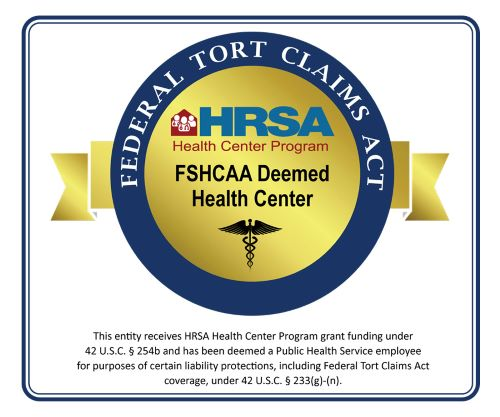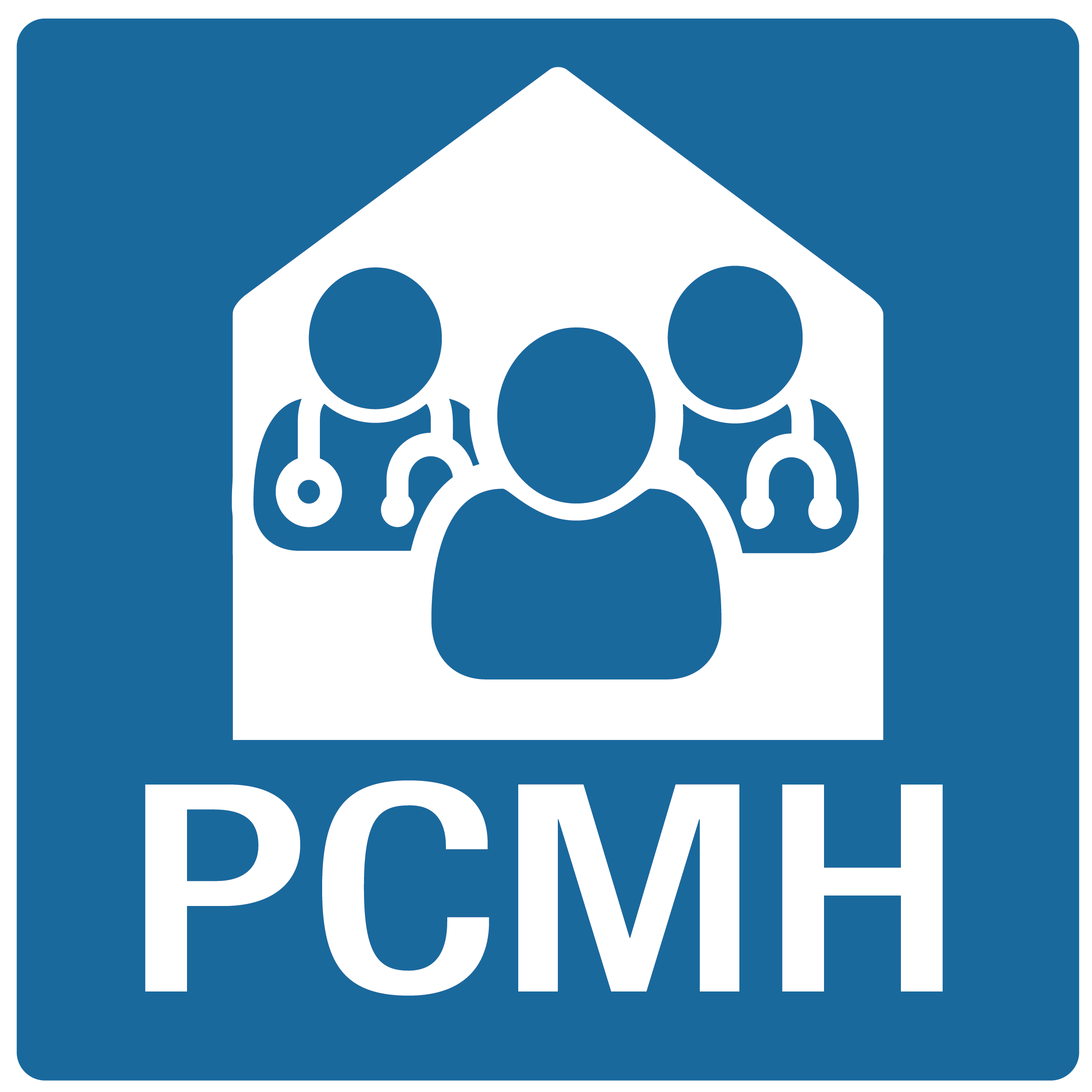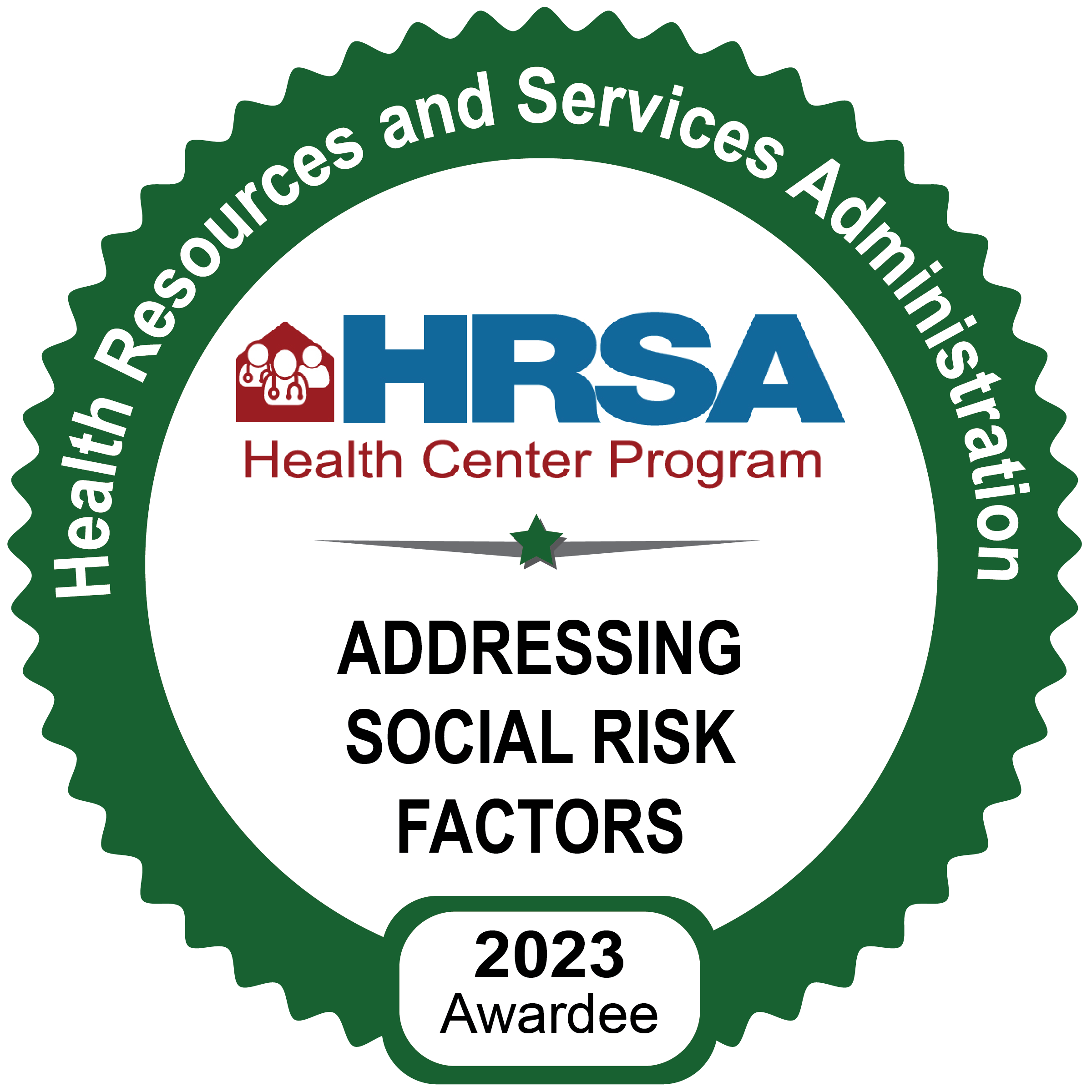To Buy Lipitor Online Visit Our Pharmacy ↓
 Understanding Lipitor Side Effects: What Patients Should Know
Understanding Lipitor Side Effects: What Patients Should Know
Common Side Effects: What to Expect
As you embark on your Lipitor journey, it's important to note that the “top 200” drugs, including Lipitor, can come with some side effects. Commonly reported ones might be mild but noticeable, such as headaches, muscle pain, or mild digestive issues. It’s like visiting Pharm Land—you might experience “sticker shock” at first, but soon, it becomes just another part of your routine.
There's also the possibility of experiencing side effects akin to a mild “hangover,” such as feeling unusually tired during the day or dealing with mild dizziness. These effects are generally not cause for alarm but should be monitored. If symptoms persist or worsen, a proactive chat with your white coat professional can offer reassurance and guidance on how to proceed.
```html
| Side Effect | Frequency |
|---|---|
| Headaches | Common |
| Muscle Pain | Occasional |
| Digestive Issues | Common |
Keeping an eye on your body's reactions can make all the difference. Engage with your health by staying alert to any changes, turning them into useful signals rather than concerns. It’s not just about managing the “side effects,” but also integrating them into your journey for a healthier life.
Recognizing Serious Symptoms: When to Seek Help

When you start taking Lipitor, it’s crucial to differentiate between common annoyances and serious symptoms that require stat attention. While mild muscle aches are expected, experiencing significant muscle weakness or pain might indicate a condition called rhabdomyolysis, a dangerous side effect that could escalate if ignored. Observing dark, cola-colored urine can be another red flag indicating liver complications. These symptoms are not to be taken lightly—report them to your health professional promptly. Early detection can prevent the hangover of more severe health issues.
Potential Long-term Effects: What Research Shows
Research into long-term effects of Lipitor reveals important insights for patients. While many experience only mild hangover-like side effects, some may face more significant issues. Emerging studies have suggested a potential link between Lipitor and diabetes, especially in frequent users. This underlines the importance of regular med checks to assess changing health conditions and medication impacts. It's essential for patients to understand these risks are outweighed by Lipitor's benefits in reducing bad cholesterol and preventing cardiovascular diseases. However, staying informed and vigilant about any changes in health status is crucial.
Managing these concerns involves active partnerships with healthcare providers. Regular follow-ups should involve discussing individual risks and benefits in detail, with a focus on personalized care. Addressing concerns promptly can help mitigate any long-term side effects, ensuring patients achieve the best therapeutic outcomes.
Managing Side Effects: Practical Tips for Relief

Dealing with side effects from Lipitor can be a challenge, but with a few practical strategies, relief is within reach. Implementing a consistent routine to take your script as directed (sig) can minimize unwanted reactions. It's crucial to maintain quality time discussing any symptoms during a meds check with your healthcare provider. Incorporate lifestyle adjustments like diet changes and routine exercise to complement the effects of Lipitor and potentially reduce side effects. If symptoms persist, consider exploring therapeutic substitutions to see if a different statin suits you better. Remember, managing your health is a journey, and small adjustments can make a significant difference.
Lipitor and Interactions: What to Avoid
Navigating the world of medications can sometimes feel like you're attending a Pharm Party, where mixing the wrong drugs might lead to unwanted complications. Lipitor, a commonly prescribed statin, is known for its effectiveness in managing cholesterol, but it should be used cautiously alongside certain compounds and medications. Over-the-counter drugs and herbal supplements may interfere with its effectiveness or increase the risk of adverse effects.
| Drug Type | Potential Interaction |
|---|---|
| Antibiotics (e.g., erythromycin) | Increased side effects risk |
| Antifungals (e.g., itraconazole) | Potentially higher Lipitor levels |
| HIV medications | Altered drug metabolism |
Taking Lipitor alongside these or other compatible medications demands attention to the Sig provided by your healthcare provider. Being proactive with your pharmacist can help you dodge a potential pill burden, ensuring your health stays on track without unexpected hangovers from drug interactions. Your pharmacist is a valuable resource, ready to guide you through the complex world of prescription and OTC directions.
Discussing Concerns: Talking to Your Doctor
When it comes to discussing Lipitor with your doctor, it's crucial to come prepared. Start by noting any side effects you've experienced and don't hesitate to mention any 'hangovers' from the meds. Bringing a 'hard copy' of your current medication list can help, especially if you're navigating a 'pill burden' or considering 'generics' as an alternative. It's beneficial to ask for more information if your doctor suggests changing the 'script.'
Having an open dialogue is vital. Feel free to discuss any concerns about potential drug interactions or long-term effects, and make your voice heard regarding any significant changes in your health since starting the medication. Understanding 'sig' instructions is key, as following your prescribed directions accurately is crucial for your safety.
Don't shy away from expressing any anxiety over medication costs or side effects. 'Sticker shock' is a common issue, and your doctor can often suggest a 'therapeutic substitution' or provide resources for assistance. Remember, your doctor is there to help tailor the treatment to suit your conditions and lifestyle.
Finally, ensure to articulate any severe symptoms or adverse reactions as soon as they occur. Promptly addressing these issues can prevent complications and improve your treatment experience. Having a candid discussion helps in building a treatment plan that respects your needs and health priorities.





